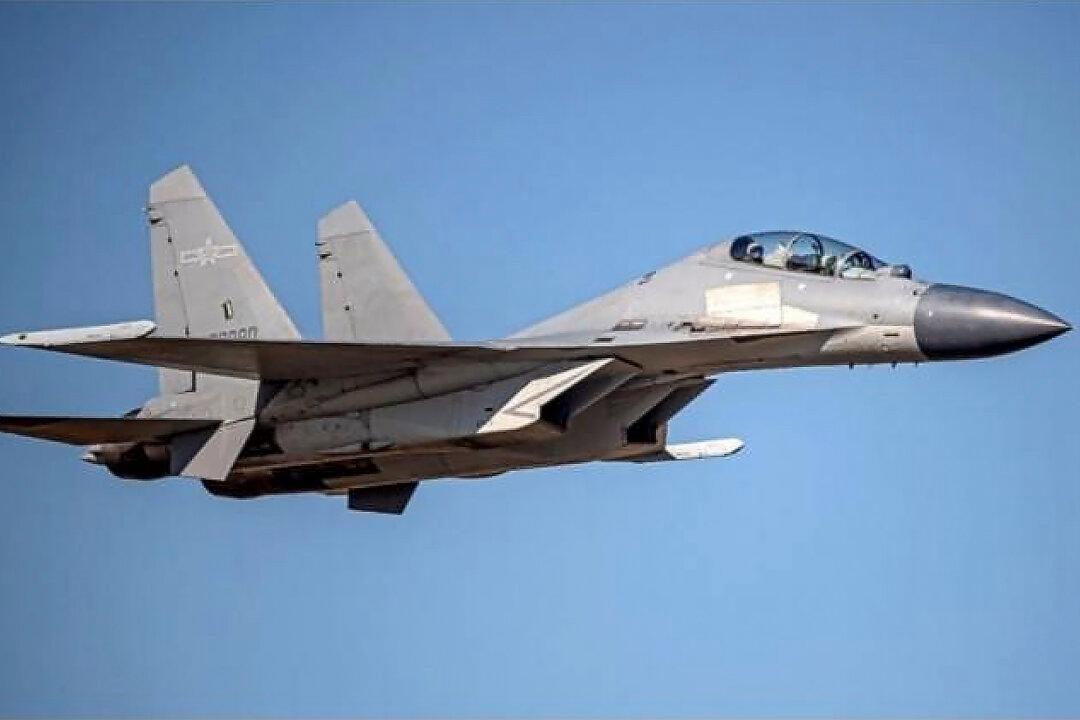China’s threats against Taiwan are not being overlooked amid the war in Ukraine given their similarities to how Russia prepared for its invasion. In this context, a member of the U.S. National Committee on U.S.-China Relations, speaking at a defence conference in Ottawa, provided her views on Beijing’s motivations and outlook for its relations with Russia.
Cynthia Watson, dean of faculty and academic affairs with the Washington, D.C.-based National War College, said she believes the biggest takeaway for Beijing from the Russian attack is that there can be a great deal of international cooperation under U.S. leadership to stop actions that go against the rules-based international order—and the Chinese Communist Party (CCP) has to weigh those factors when considering acting against Taiwan.





